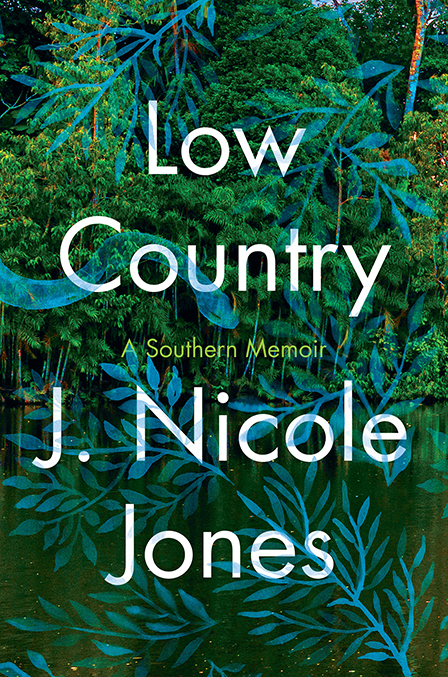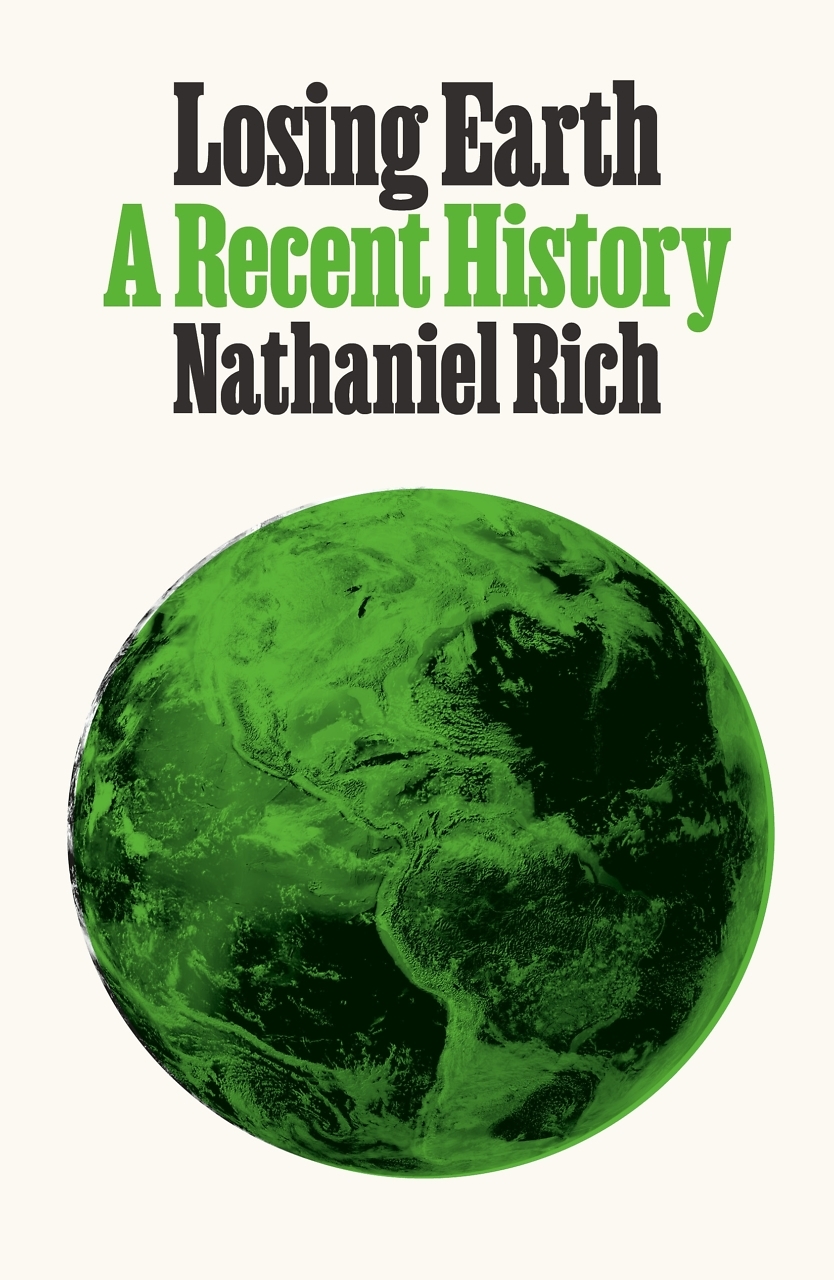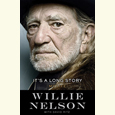Talking with the Dead
Like James Merrill’s Sandover trilogy, Rick Hilles’s new collection is a conversation with spirits
Rick Hilles’s first book, Brother Salvage, was ten years in the making. Published in 2006 to wide acclaim, it moved seamlessly between worlds, between past and present, the dead and the not-yet-dead, art and horror. It was a serious book about the Holocaust and art, about family, about memory and vision. A Map of the Lost World, the Vanderbilt poet’s new collection, is in substantial ways a continuation of Brother Salvage.
Like James Merrill’s Sandover trilogy, which critic Helen Vendler described as “a conversation with dead friends and spirits in another world,” Hilles’s new book of poems invokes the dead, most dramatically by assuming their very personae: A Map of the Lost World opens with “Missoula Eclipse,” a poem in the voice of the late poet Richard Hugo and ends with a poem, “Larry Levis in Provincetown,” in the voice of the late poet Larry Levis. This poetic strategy may be the result of hubris or humility or both, but whatever it is, it works. The Hugo poem anticipates many of the book’s meditations (on vision, remembrance, desire, the forgotten—all preoccupations of Hugo), and the Levis poem concludes with humor and, after so much communing with dead, an emphasis on the workings of this world, and a chance at happiness.
Dead poets, in fact, abound in Map of the Lost World. When speaking as them, Hilles often invokes other dead poets in their name: “Missoula Eclipse” features John Keats and James Wright, in addition to Hugo; Levis is “summoned from nothingness” with the great Spanish poet Federico García Lorca, and, once summoned, reads Rilke. And many of the poems speak of other poets, instead: “To Grow,” for example, is dedicated to the Danish resistance poet Piet Hein, and one heartbreaking poem, “Grappa,” is about the death of Hilles’s friend and fellow poet Craig Arnold (who disappeared into the mouth of a volcano). Hilles invokes the regular dead, too (if anyone in his world can be called regular), and “Fessing Up” pays explicit tribute to the unsung: “Do you ever wonder how many others / like him are out there making music / that no one ever hears?”
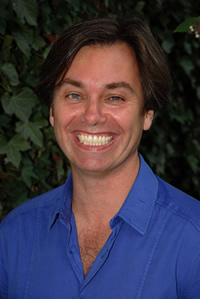 As those lines indicate, one of the major concerns of A Map of the Lost World, as it was of Brother Salvage, is the essentialness of each life. To Hilles, that indispensability is cosmic, but also earthbound and practical. The opening stanza of the title poem quotes the Talmud: “To save one life is as if one saved / the entire world.” A Map of the Lost World is, in large part, the playing out of that adage.
As those lines indicate, one of the major concerns of A Map of the Lost World, as it was of Brother Salvage, is the essentialness of each life. To Hilles, that indispensability is cosmic, but also earthbound and practical. The opening stanza of the title poem quotes the Talmud: “To save one life is as if one saved / the entire world.” A Map of the Lost World is, in large part, the playing out of that adage.
In “The Red Scarf and the Black Briefcase,” for example, the speaker is Lisa Fittko, a German in the French Resistance who led the German-Jewish philosopher Walter Benjamin across the Pyrenees only to have him commit suicide while in the custody of Nazis at the French-Spanish border. In his black briefcase Benjamin left behind a manuscript that would never be found. “The shadows / cast by his lost opus loom so much larger now,” Fittko says of the world of scholarship that grew up around the manuscript’s absence. Later, he concludes,
I, Lisa Fittko, a German Jew living underground
in France, a citizen of no country, une sale boche,
nevertheless, could lead over a hundred exiles
like myself across the Pyrenees to safety;
I, Lisa Fittko—one person, one life—could help set another
world within our world in motion.
The book’s other longer effort is the title poem. It features the Holocaust survivor Thaddeus Stabholz, who was also the protagonist of two of poems in Brother Salvage. We learn in this book that Stabholz was Hilles’s real-life childhood doctor and also “a beloved lifelong friend,” who died in 2009. In a terrific scene, the speaker and his ninety-year-old friend sit together at the kitchen table, studying a map. As Stabholz traces streets and talks about his past, the speaker notes how “the Warsaw Ghetto comes / To life, stirred by his fingertips.” Like so much of Hilles’s work, the poem is a search for the missing, for what has disappeared. Near the end of the poem, the speaker addresses Stabholz, who has passed away earlier in the poem:
That some real part of you, still vital, waiting
To be found on the map of the lost world
Might return, if I went far enough, is the stuff
Of poetry. The kind that says, Be vigilant.
We must love one another while there is time.
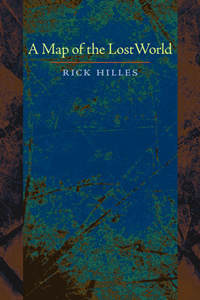 For Hilles, the crucial act of loving is touching. In the opening of “From Three Words of a Magnetic Poetry Set Found Caked in Dirt Beneath James Merrill’s Last Refrigerator,” he writes, “[T]here is no substitute for touch, / for the kiss that sets the world in motion.” He ends that poem with a lyrical version of the book’s premise: “[T]he silver rings turn crimson / in a heart exposed, as if by touch alone, one / person, one life, might keep the world in motion.”
For Hilles, the crucial act of loving is touching. In the opening of “From Three Words of a Magnetic Poetry Set Found Caked in Dirt Beneath James Merrill’s Last Refrigerator,” he writes, “[T]here is no substitute for touch, / for the kiss that sets the world in motion.” He ends that poem with a lyrical version of the book’s premise: “[T]he silver rings turn crimson / in a heart exposed, as if by touch alone, one / person, one life, might keep the world in motion.”
Hilles circles back again and again, in poem after poem, in one way or another, to his obsessions. The thematic concerns of A Map of the Lost World emerge from the recurring ideas, images, words, even entire lines, sometimes with just a word or two altered. But the great strength of the collection, beyond its thematic gravity and masterful architecture, is its extraordinary writing. A reader can get lost in these poems, traveling between worlds, thinking and feeling what was previously unthinkable, unfelt. The sense they convey of inevitability makes it easy to forget that the lines have actually been composed, that someone sat down and wrote them.
In “Larry Levis in Provincetown,” the late poet Levis returns to this world with his hero, Garcia Lorca, to work as summer help for the tourist season. The poem, and the book, ends,
So that even if Garcia Lorca & I are just scraping by
with all the others working for peanuts in high season,
to be alive again & living in a hot seaside town
is good as any afterlife
& probably our best chance at happiness.
[This review originally appeared at Chapter 16 on March 27, 2012.]
Rick Hilles will appear at the twenty-fifth annual Southern Festival of Books, held in Nashville October 11-13. All festival events are free and open to the public.
